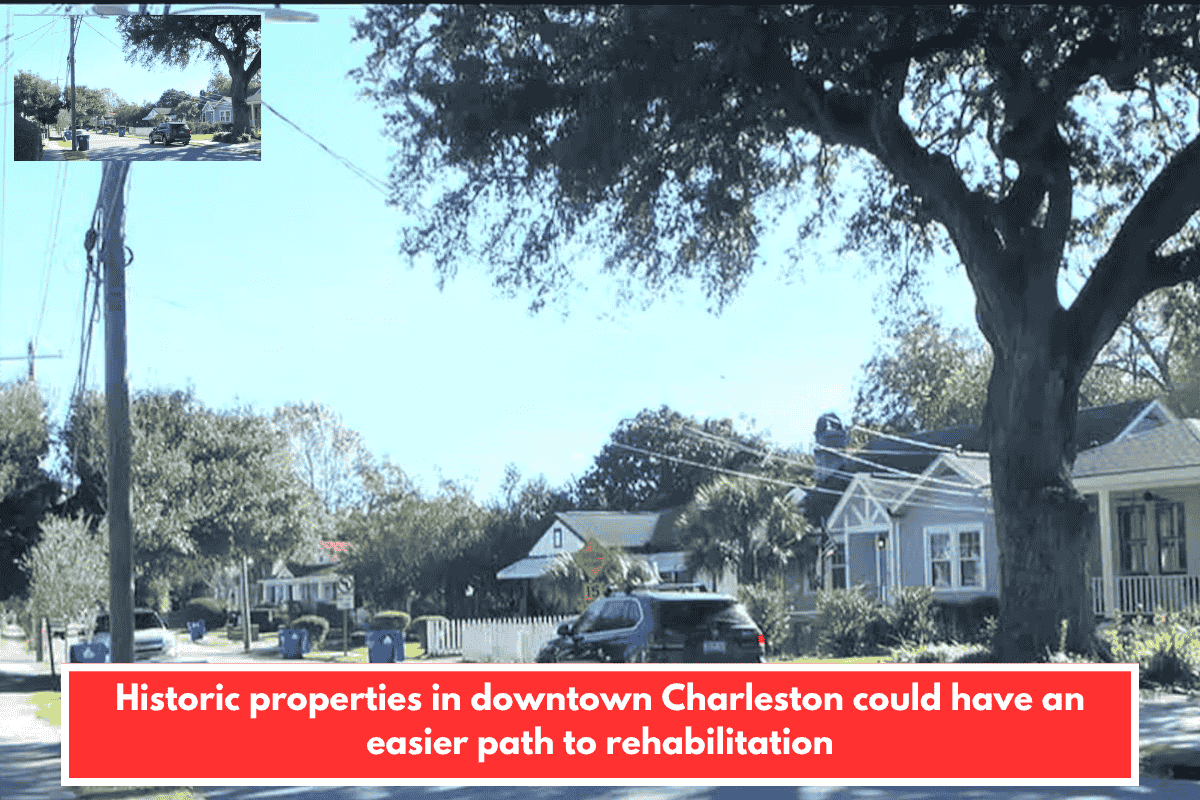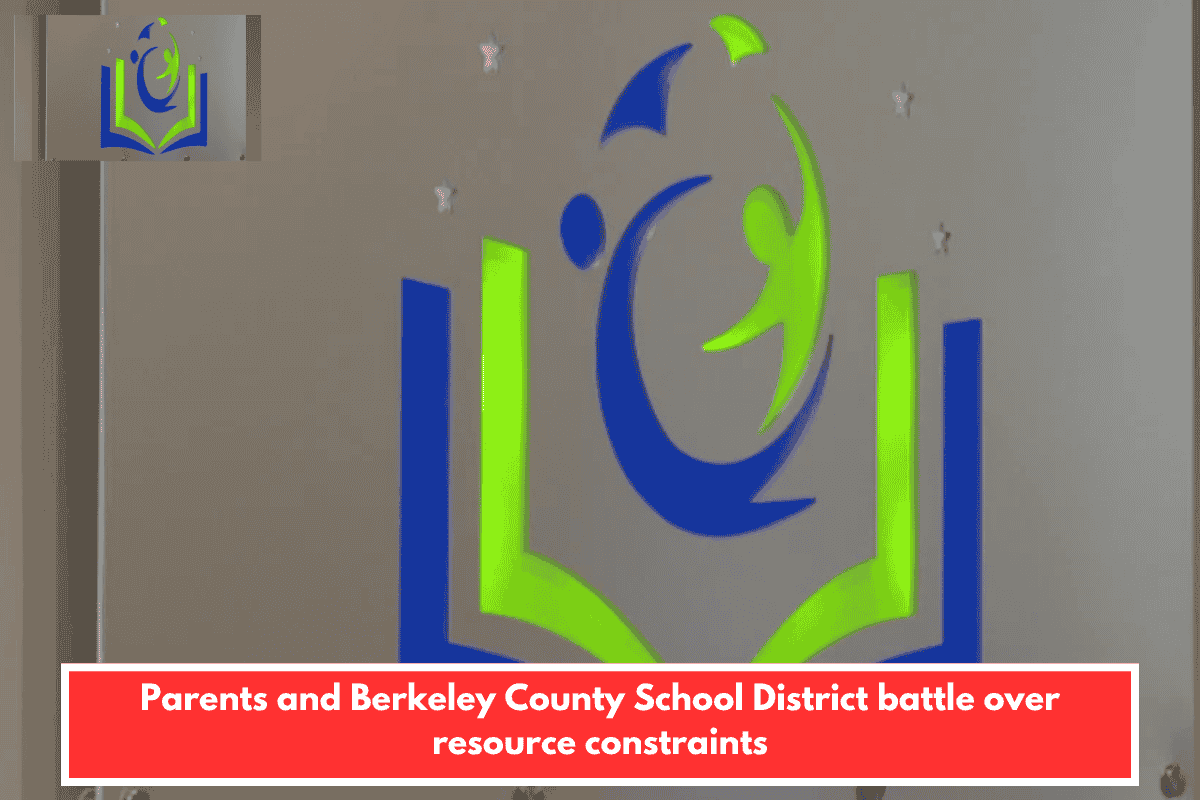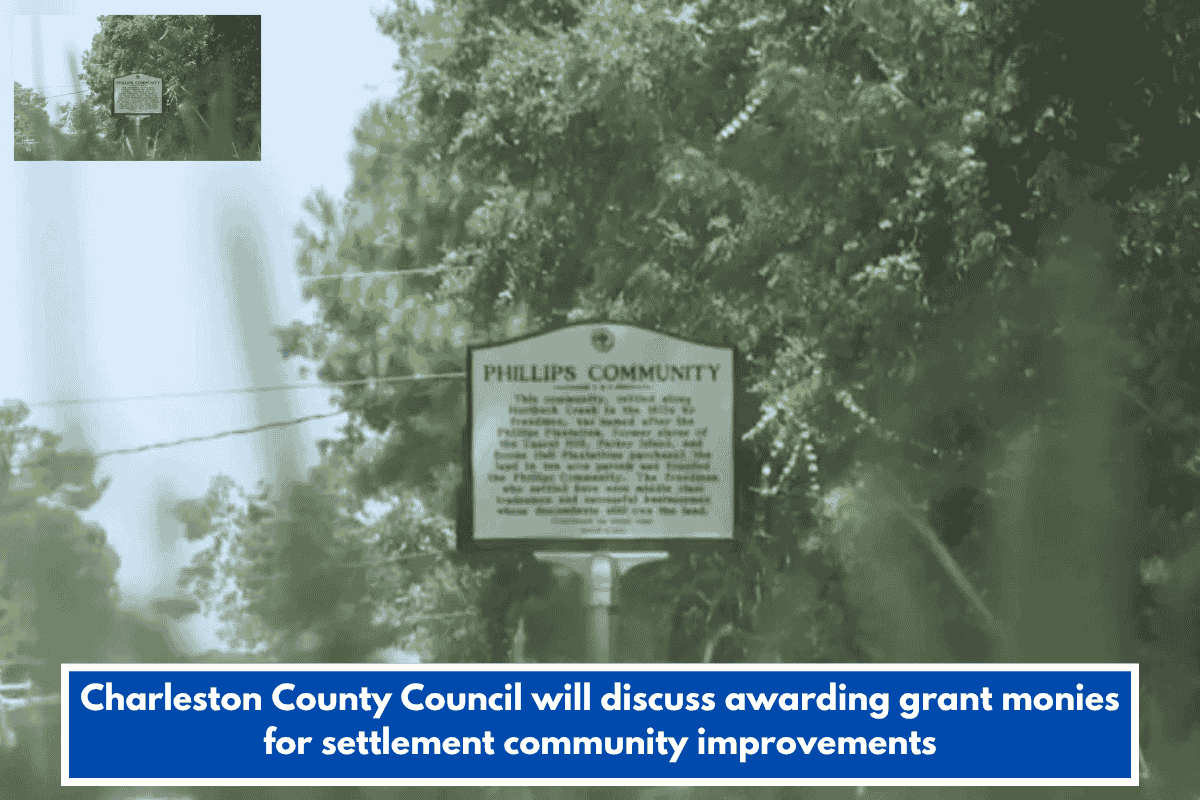Charleston, South Carolina — A subtle change in Charleston’s zoning laws may soon make it simpler for homeowners of the city’s most historic districts to modernize their homes while retaining the uniqueness that defines them.
A walk through Wagener Terrace, North Central, or Hampton Park reveals blocks of century-old structures reflecting centuries of history. With that heritage comes layers of control; many homeowners report that these limitations have made renovating difficult. Residents became frustrated and pushed for change.
Before the City Council approved the modification last month, the Board of Architectural Review, which works to preserve the city’s architectural identity, could only comment on proposed demolitions of structures 50 years or older between Line and Mount Pleasant Streets. The board lacked the ability to approve comprehensive remodeling plans, forcing it to evaluate big requests without knowing what homeowners wanted to create in return.
The new guidelines allow applicants to voluntarily offer the board control of their full refurbishment project. Supporters claim that the adjustment gives board members a better idea of what character-defining aspects could be lost and what would replace them, such as an additional bedroom or a new second storey.
Although the change may result in more apparent modifications in particular historic districts, preservation ists believe the new method reinforces the board’s original objective. Anna Catherine Alexander, the Charleston Preservation Society’s director of advocacy programs, stated that the review process has always been intended to spark a conversation among all parties.
“The Board of Architectural Review process is intended to provide the opportunity for all parties to come to the table and have a productive dialogue about how buildings can evolve to meet modern needs but retain their special character,” Mr. Alexander said. “In no way does this amendment inhibit that, it only fosters it.”
She stated that the new policy represents the spirit of the board’s work as well as the perspectives of those most affected by the process.
“These neighborhoods continue to be dynamic, vibrant, living places,” she informed us. “These areas have housed generations of working-class Charlestonians who have helped to build Charleston’s heritage. They should continue doing so. And we believe that the BAR process has been beneficial in certain communities, and that this amendment gives a road for it to operate even better for residents, and we’re happy to watch how that develops.”
Alexander noted that the idea was entirely resident-driven, with neighborhood associations, city authorities, conservation groups, and BAR personnel working together to develop a solution that preserves historic integrity while providing homeowners with more transparency.
Board personnel are now working to put the change into action. The improved review option should be accessible to applicants before the end of the year.









